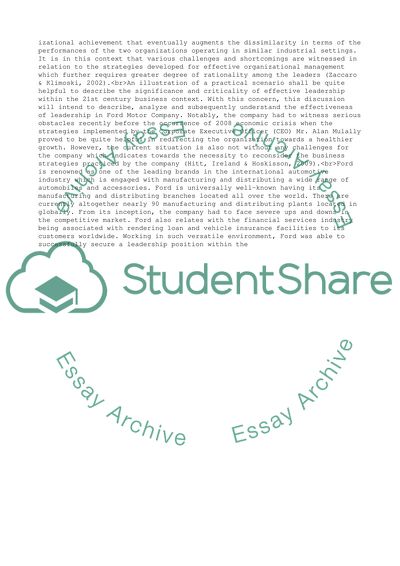Cite this document
(Focus of the final Paper Assignment Example | Topics and Well Written Essays - 2250 words, n.d.)
Focus of the final Paper Assignment Example | Topics and Well Written Essays - 2250 words. https://studentshare.org/management/1791477-focus-of-the-final-paper
Focus of the final Paper Assignment Example | Topics and Well Written Essays - 2250 words. https://studentshare.org/management/1791477-focus-of-the-final-paper
(Focus of the Final Paper Assignment Example | Topics and Well Written Essays - 2250 Words)
Focus of the Final Paper Assignment Example | Topics and Well Written Essays - 2250 Words. https://studentshare.org/management/1791477-focus-of-the-final-paper.
Focus of the Final Paper Assignment Example | Topics and Well Written Essays - 2250 Words. https://studentshare.org/management/1791477-focus-of-the-final-paper.
“Focus of the Final Paper Assignment Example | Topics and Well Written Essays - 2250 Words”. https://studentshare.org/management/1791477-focus-of-the-final-paper.


